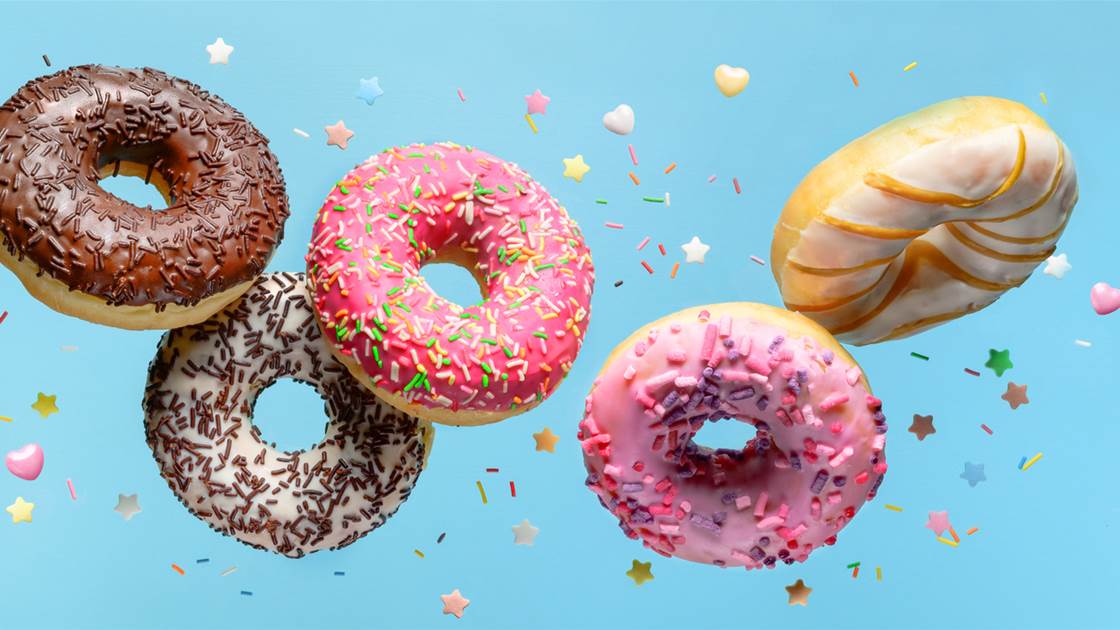One thing we know about habits is that they’re tough to break. That’s because, whether they’re helpful (brushing your teeth every night) or harmful (smoking), they become hardwired into the brain. To understand how a habit forms, picture two areas of the brain. In the limbic system, the basal ganglia (located deep within the brain) helps you do things such as drive a car or tie your shoelaces. The prefrontal cortex (at the front of the brain) is the key to decision-making or solving complex problems. By design, the uber-efficient basal ganglia makes many of your daily tasks automatic, freeing the prefrontal cortex for learning new things (and overriding old tendencies).
The hitch? The brain clings to its habit loops – which means changing a behaviour requires much more eff ort than acting without thinking does. But we’re far from stuck. Until recently, many psychologists preached white-knuckled willpower (I will not bite my nails) and deprivation (I’m not buying anything I don’t need for a month). But now that rigidity and self-control has been supplanted by an approach that outsmarts the brain’s own wiring. Whether it’s eliminating a trigger or providing an alternative reward, you can nudge the brain into different behaviour. Ready to bust those bad practices? Let’s get to work.
Use words like they matter
Quit saying “I can’t” and instead say “I don’t drink on weeknights,” the same way vegetarians don’t eat meat. A study in the Journal of Consumer Research found that when people use the words “I don’t” to describe their temptation, they were much less likely to choose their old behaviour than those who used the words “I can’t”. Researchers believe that saying “I don’t” is psychologically empowering. The phrase implies the decision has already been made.
Replace your bad habit with something that is good
Most people can’t just drop a bad habit, so why not replace it instead? If your weakness is too much caffeine, switch from coffee to something else that’s hot and aromatic, such as a herbal tea. If your social media feed is your addiction, turn off notifications and put it out of reach and find something else that can fully absorb you, such as working on a creative project or reading a book.
Write your manifesto (in just 3 minutes!)
Jot down the pros and cons of quitting your habit – sweet snacks, alcohol, shopping, social media, etc – says psychologist Dr James Claiborn. You’ll likely come up with some excellent reasons to make the change, and then keep the list handy. “Whenever temptation arises, pull out the list and review why you don’t want to give into addiction,” he says. It’ll be like having your own pocket-sized life coach.
ID your danger zones
Anticipate lapses in willpower and strategise how you’ll deal with them. For instance, if you habitually grab some biscuits from the tea room at 4pm because your energy is flagging (and they’re free!), that’s a high-risk situation. Ask yourself: what can I do tomorrow at that tricky time to replace that habit?
Make the struggle public
The more accountable you are to others, the more likely you are to stick it out (embarrassment is a great motivator). Instead of grabbing another coffee, recruit a buddy to take walks with or to give you the stink eye when you grab those Tim Tams at 4pm. The goal-setting app Coach.me
offers a free habit-tracking portal that lets you invite friends to view your progress and leave comments as well as crowdsource encouragement.
Set up a rewards program
Positive reinforcement isn’t just for kindergarteners. Reward yourself with a meaningful treat – dining out, a spa visit, whatever gets you excited – for accomplishing one day, three days or a week without the thing you’re addicted to. It’s key to motivation and that’s what will get you through.
Monitor your progress
Log how well your coping mechanisms are working in your diary each day. “Taking note of your behaviour makes you aware of your actions, so you’re forced to make conscious decisions,” says Dr Claiborn. It also gives you something to look back on when you’re having a tough day.










